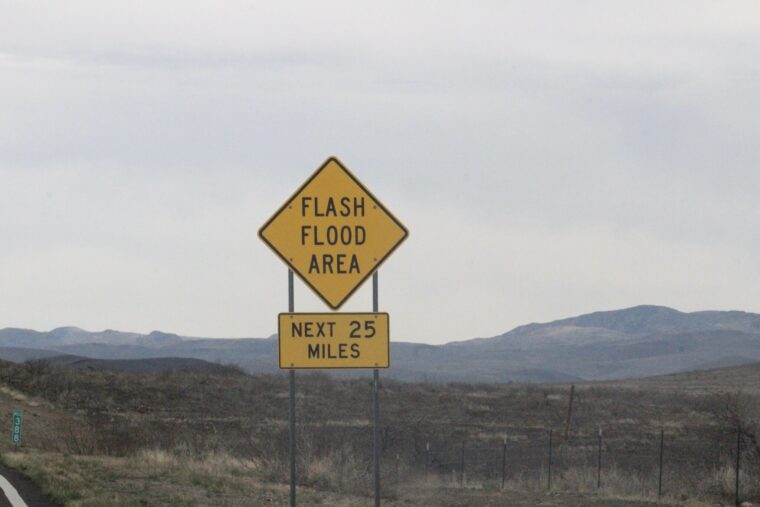
The Arizona Board of Regents (ABOR), the state’s governing body for public universities, is awarding a research grant for a collaborative initiative that will explore new technologies to reinforce the state’s emergency management system.
The new initiative, developed in partnership with the Arizona Department of Emergency and Military Affairs (DEMA) and Arizona State University (ASU) in Tempe, will empower the state’s response to future disasters with the assistance of innovative artificial intelligence (AI) technology.
“Our public universities are leaders in advancing the development of new technologies central to our state and nation’s public safety, security and stability,” ABOR Chair Cecilia Mata said. “This groundbreaking AI collaboration between DEMA, ABOR and ASU is a shining example of our commitment to deliver transformative research and innovation that addresses pressing safety needs today and drives positive change into the future.”
ABOR will fund the partnership’s research and development to ensure state investments enhance public safety through innovation.
The groundbreaking project will leverage AI technology to predict natural disasters such as wildfires and floods, while identifying emerging threats that could harm vital infrastructure.
Utilizing ASU’s team of faculty and student researchers, the initiative will work in tandem with ASURE, the university’s dedicated research division that specializes in national security innovation.
The AI-enhance emergency management system intends to go beyond traditional disaster forecasting, incorporating the analysis of secondary and tertiary effects. By analyzing the cascading effects of disasters, such as traffic congestion or strain on medical facilities, the system will offer innovative comprehensive solutions to complex emergency scenarios.
In addition to predictive modeling, the AI system will provide several key benefits to DEMA’s operations including processing vast amounts of data, enhanced data analysis and the development of potential courses of action.
Project officials anticipate the new system will allow emergency planners to forecast crises before they unfold, mitigating future damages and improving short and long-term public health.
Unfolding over a three-year period, ABOR will require ASU to provide major software updates to DEMA every six months and regular releases every three months to ensure transparency and progress.
The initiative will feature three distinct phases, correlating with each year of the partnership. Year one will prioritize emergency information analytics and root causes analysis. The second phase will explore disaster prediction models with regard to second- and third-order effects of disasters. The third and final year will focus on developing next steps and best practices for lawmakers.
The AI initiative, including its data analysis and predictive modeling processes, will be used to inform state and local lawmakers to address future disasters.
Overall, the research funding from ABOR seeks to accelerate the integration of AI into Arizona’s emergency preparations and response tactics. Entities looking to get involved may find additional resources on the initiative here.
Photo courtesy Qwexcxewq, CC BY 4.0 https://creativecommons.org/licenses/by/4.0, via Wikimedia Commons
The post Arizona Board of Regents funds AI partnership for disaster response research appeared first on Government Market News.
